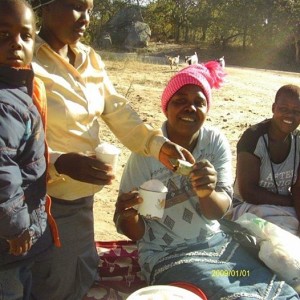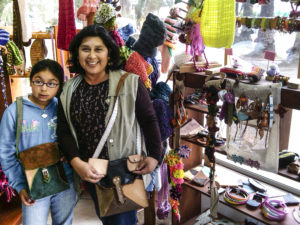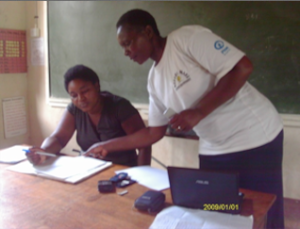
WHEN Shyam decided to create SKI Charities, “finance was going through a really tough reputational period – it’s still going through a tough time.” And yet he stood by the belief that finance can also be really empowering to people. Shyam reasoned that, because people gain confident through employment, finance could be used as a way to provide stability, income, and entrepreneurial skills to the disenfranchised. “People see that finance can be a good thing, an empowering thing, when channeled in the right direction towards the people who have the hunger and talent to add value and jobs.”
Shyam expects that this tough reputational stretch will not end for a while. “After the roaring 2000s on the back of financial engineering, the contraction in 2008 left much of the public with a bad taste for anything to do with finance,” he says. While it may not have the best reputation, it is what enables SKIC to function. Shyam argues: “Finance is still the bedrock of the global economic system, and until there is an unimaginable change to the way people interact, the best we can do is find a way for finance to be inclusive rather than exclusive…it’s about finance seeking out growth opportunity wherever it can be found. The progress of SKIC will be part of the progress of finance to regain it’s reputation as the path to opportunity for many who are otherwise forgotten.”
It can be argued that finance broadens the gap between the haves and have-nots, or is at least responsible for it. However, the work that SKI Charities does is evidence of the fact that finance can indeed help to shrink the divide – even if it may be slight. Shyam’s background in corporate work (“the more traditional work I used to do, before starting SKIC”) was in a lot of emerging and developing markets where he directly witnessed how great the rift was between the haves and have-nots. His work here triggered some self-reflection: “How can I leverage my skill set to bridge that gap or attempt to help these people who are otherwise being forgotten?”
SKI Charities was the answer to the questions Shyam continued to ask himself. While the gap still exists, Shyam is proud of the progress SKIC has made as an organization, and thrilled with how its beneficiaries have excelled within the program – and beyond.
“The inequality divide is still existing,” Shyam says, “and is much worse in places that are systematically distant from global markets. In places like Mutare and Lebu, the people are quite a ways away from the financial hubs and metropolises of their countries, so the divide is even harder to jump.” For SKIC beneficiaries in Chile and Zimbabwe, the gap is just a little bit smaller, and over the time it will shrink even more. Shyam believes the divide can be overcome within a generation: “that’s why it’s so important we keep working and growing so that we can include more beneficiaries on this path.”







